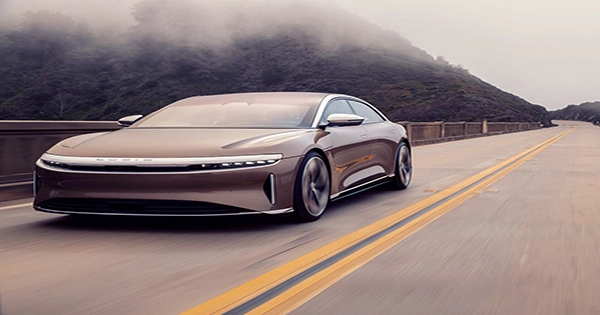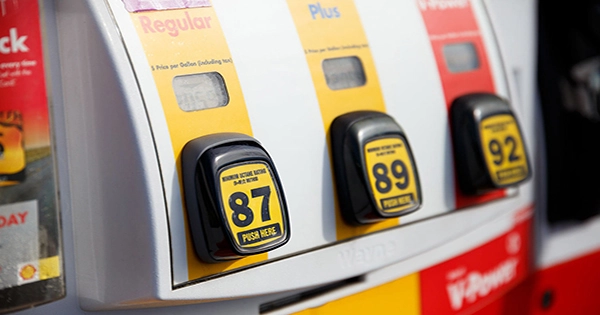When you pull up to a gas station, you’re faced with a decision: do you spend more for premium gas or save money by buying standard gas? Is this merely a brilliant marketing ploy, or is premium gas really worth the extra money? WHAT IS THE DIFFERENCE BETWEEN PREMIUM AND COMMERCIAL GAS? WHAT MAKES IT DIFFERENT THAN REGULAR GAS?
The octane levels in gas determine whether it is deemed premium or not. The greater the octane number, the less likely the gas will knock. When fuel burns unevenly in your engine’s cylinders, knocking happens. Odd pockets of the air-fuel combination might burn up in uneven pockets, causing mistimed bursts, rather than burning smoothly in homogeneous bursts throughout the cylinder.

This will produce a strange pinging sound and may damage the cylinder walls and pistons in your engine. Most retail gas stations provide three octane grades: 87 (normal), 89 (mid-grade), and 91-93 (high-grade) (premium). This, however, can differ from country to country and even from state to state. Premium tickets are more expensive than standard tickets, as the titles imply.
CAN PREMIUM GAS BE USED IN ANY CAR? Whether you should use premium petrol or not should be explicitly indicated in your vehicle’s handbook. This information is also displayed in the casing around the fuel cap on some cars as a gentle reminder before you fill-up the tank.
When possible, you should always follow this advice since certain automobile engines operate more effectively on normal gas, while others run best on premium, higher octane gas. Because high compression ratio engines have a large change in the size of the combustion chamber between the cylinder’s lowest and highest points, higher octane gasoline is necessary to keep the engine running smoothly.
Regular gas won’t necessarily harm your premium-guzzling engine, but you’ll likely lose some of the engine’s boosted performance because it won’t operate as efficiently. You may also put premium gas in a standard automobile, but you won’t notice any difference and it will cost you more money. To put it another way, if you put the wrong octane of gas in your car by accident, it’s not a big deal, but it’s best not to do it on a regular basis.
CAN PREMIUM AND REGULAR GAS BE MIXED? Sure, if you’re serious about it. Again, giving car gasoline with the incorrect octane level is not recommended, but there’s no evidence that combining premium and normal petrol can harm your engine. You’d effectively be making a mid-range octane level gas that’s unlikely to improve your engine in any way.















